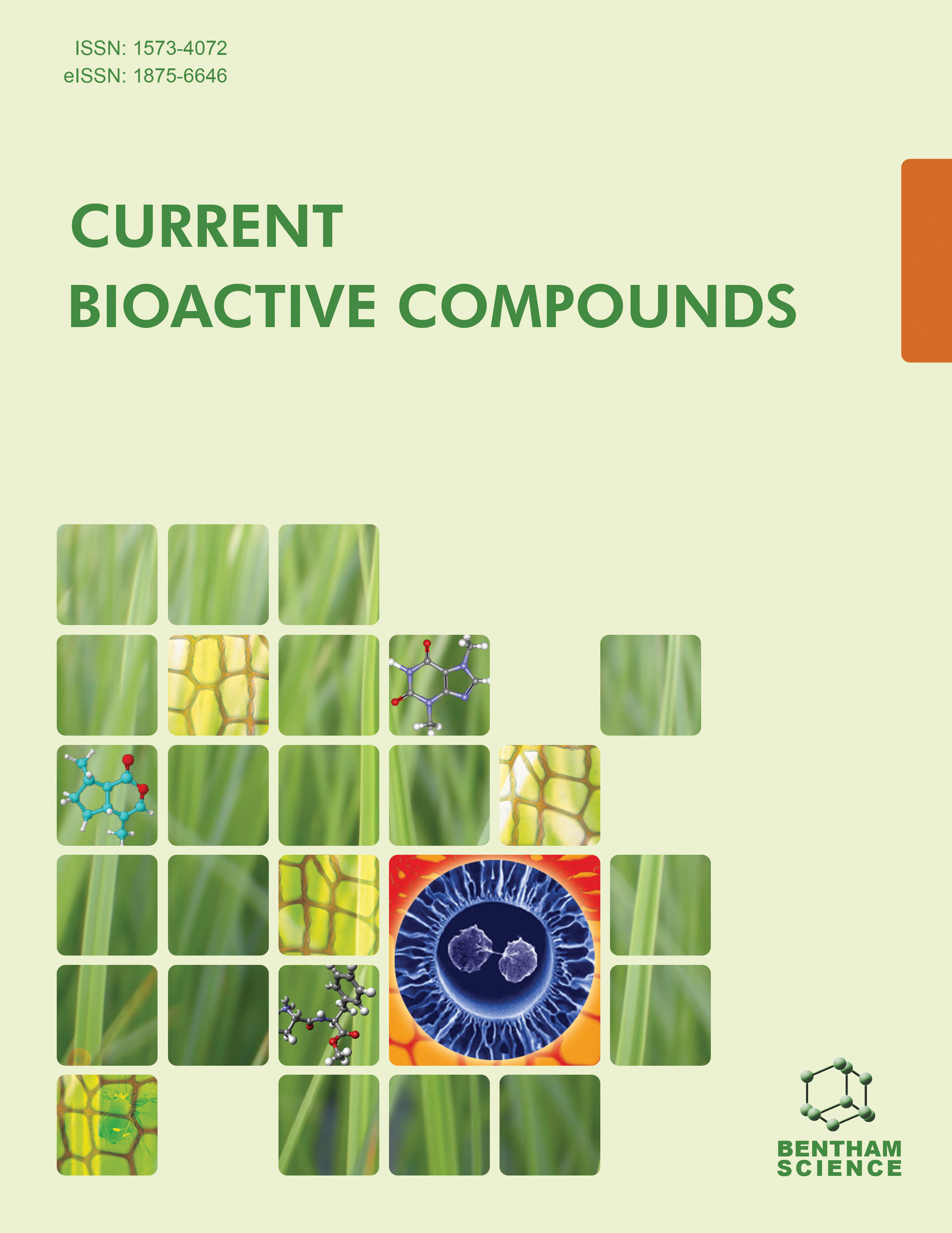
Full text loading...
The present study aimed to explore the therapeutic efficacy of an ethanolic extract of Malvaviscus arboreus Dil.Ex.cav against HFD-induced hyperlipidemia in experimental rats.
Dietary alterations influence normal metabolic function and provide significant risks for cardiovascular disease and oxidative stress. The likelihood of dyslipidemia is related to the intake of HFD and is associated with increased LDL and VLDL cholesterol in humans. This condition also increases the risk of atherosclerosis, diabetes, and hepatosteatosis.
The objective of the present study is to determine whether the EEMA can help in reducing elevated levels of lipids (such as cholesterol and triglycerides) in HFD-induced hyperlipidemia in Wistar rats.
Normal control (Group I) receives a normal standard pellet. HFD was given to all the experimental groups for 15 days without any treatment to achieve hyperlipidemia. Except for the negative control group, the positive control, the low dose (300 mg/kg), and the high dose (600 mg/kg), EEMA groups were treated for the next 16th to 28th days along with the HFD. The lipid profile (TC, TG, HDL, LDL, and VLDL) and liver markers (AST, ALT, and ALP) were estimated at the end of the study on the 29th day.
The oral administration of EEMA offered significant dose-dependent protection against HFD-induced hyperlipidemia. It significantly improved the lipid profile and liver function biomarkers as compared to a negative control group, with the maximum effects recorded by the EEMA at 600 mg/kg b.w.
The present study revealed that the EEMA protects against HFD-induced hyperlipidemia.

Article metrics loading...

Full text loading...
References


Data & Media loading...

